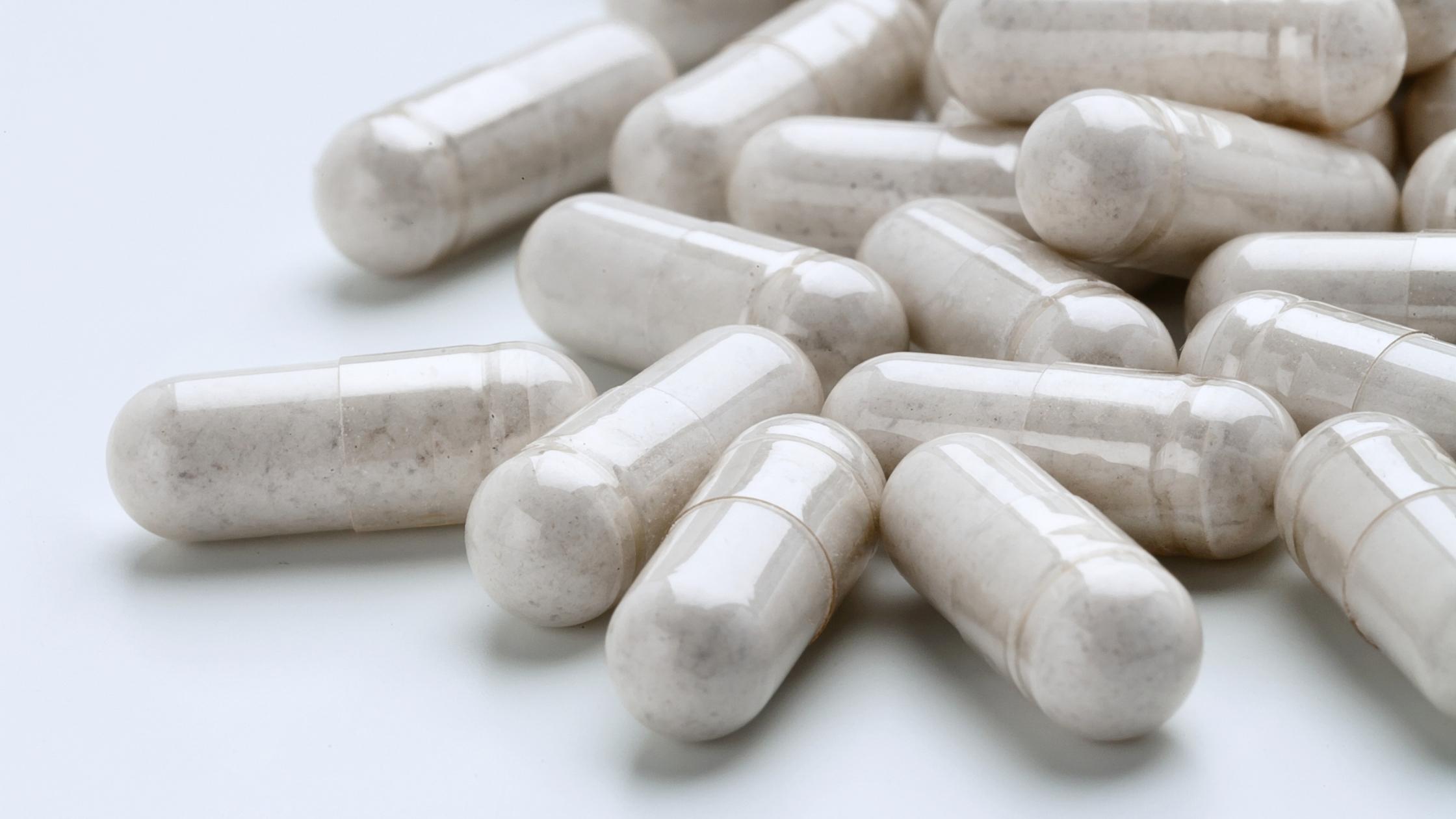A common theme I see in women from the age of 30+ with gut issues is low thyroid hormone or hypothyroidism. There is a significant connection between the functioning of the thyroid and gut health and many people are able to bring their thyroid hormone levels up just by addressing their gut issues.
The thyroid gland is butterfly shaped and located in the neck above the trachea.
It secretes three hormones:
- thyroxine (T4)
- triiodothyronine (T3)
- calcitonin (secreted by the C cells)
T4 is converted to T3, the active form of thyroid hormone, and this conversion requires the mineral selenium.
There are a few ways that thyroid hormone can be low and range from mild subclinical hypothyroidism to clinical hypothyroidism and so symptoms can vary from mild to severe. Often physicians will only test overall TSH levels which will not diagnose subclinical hypothyroidism. It is important that T3 and T4 levels are tested also.
Symptoms of hypothyroidism include:
- fatigue due to slow metabolism
- mental dullness
- physical slowness
- dry skin and hair
- hair loss
- inability to tolerate the cold
- muscle weakness and cramps
- orange colouration of the skin and especially the palms
- recurrent infection
- depression
- constipation
Hypothyroidism could result from:
- the inability of the thyroid gland to produce T4 hormone;
- the inability to convert T4 to T3, the active form of thyroid hormone;
- or both (low T4 and T3)
Low production of T4 hormone can be due to:
- Autoimmune thyroiditis
- radioactive therapy
- thyroidectomy
- goitre
- inhibition by exogenous goitrogens and drugs
- decreased pituitary TSH
Low levels of T3 hormone can be due to:
- selenium deficiency
- liver dysfunction
- adrenal stress (chronic stress)
- illness
Subclinical hypothyroidism is the more common issue I see in those with gut issues. This is due to a number of factors that occur when dysbiosis is present. Dysbiosis is an alteration of the gut flora and is a culprit behind IBS and other GI diseases. Dysbiosis can range from frank infection by yeast, bacteria or parasites, migration of bacteria to unwanted places of the gut (i.e Small Intestine Bacteria Overgrowth) or lack of robust good bacteria.
Dysbiosis causes chronic inflammation. The histamines and kinins released in inflammation can stimulate epinephrine (adrenalin) release which also occurs with chronic stress. Chronic stress, whether it is from the gut or mind, channels the amino acid tyrosine into adrenalin release and AWAY from T3 and T4 production.
Nutrient deficiency is extremely common when dysbiosis is present. This is due to a combination of bacteria using nutrients as fuel and decreased absorption. Many nutrients are vital for production of T3 and T4 including iodine, essential fatty acids, manganese, zinc, selenium, iron, magnesium and Vitamins A, the Bs, C and E.
Autointoxication from dysbiosis affects the thyroid. Autointoxication is the term used to describe a “toxic” system which really just means a sluggish liver. I tend to call it treating your body like a garbage bin. Things like poor diet, chronic constipation, liver congesting habits like overeating, over-boozing. These all contribute to a sluggish liver which, in turn, affects metabolic and thyroid function.
If you suspect that low thyroid hormone may be an issue for you, the first step is to request a T3 and T4 test from your Doctor. Testing vitamin and mineral levels will also be helpful.





+ show Comments
- Hide Comments
add a comment